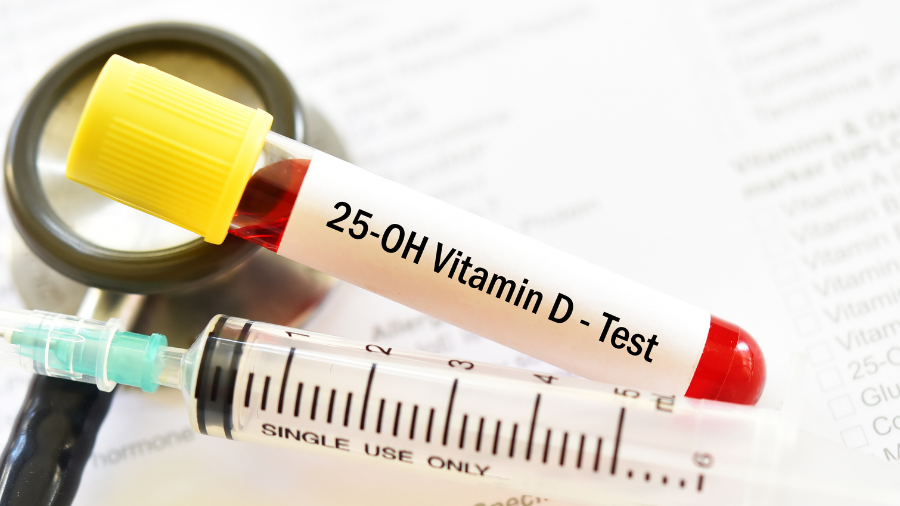Chemical Analysis Techniques in Makeup Testing
The makeup industry is thriving, but with that growth comes a major concern—product safety and ingredient transparency. Consumers today are more informed than ever and demand to know what’s inside their cosmetics and whether they meet health and safety standards. This shift has made chemical analysis an essential step in makeup testing, making sure products […]










